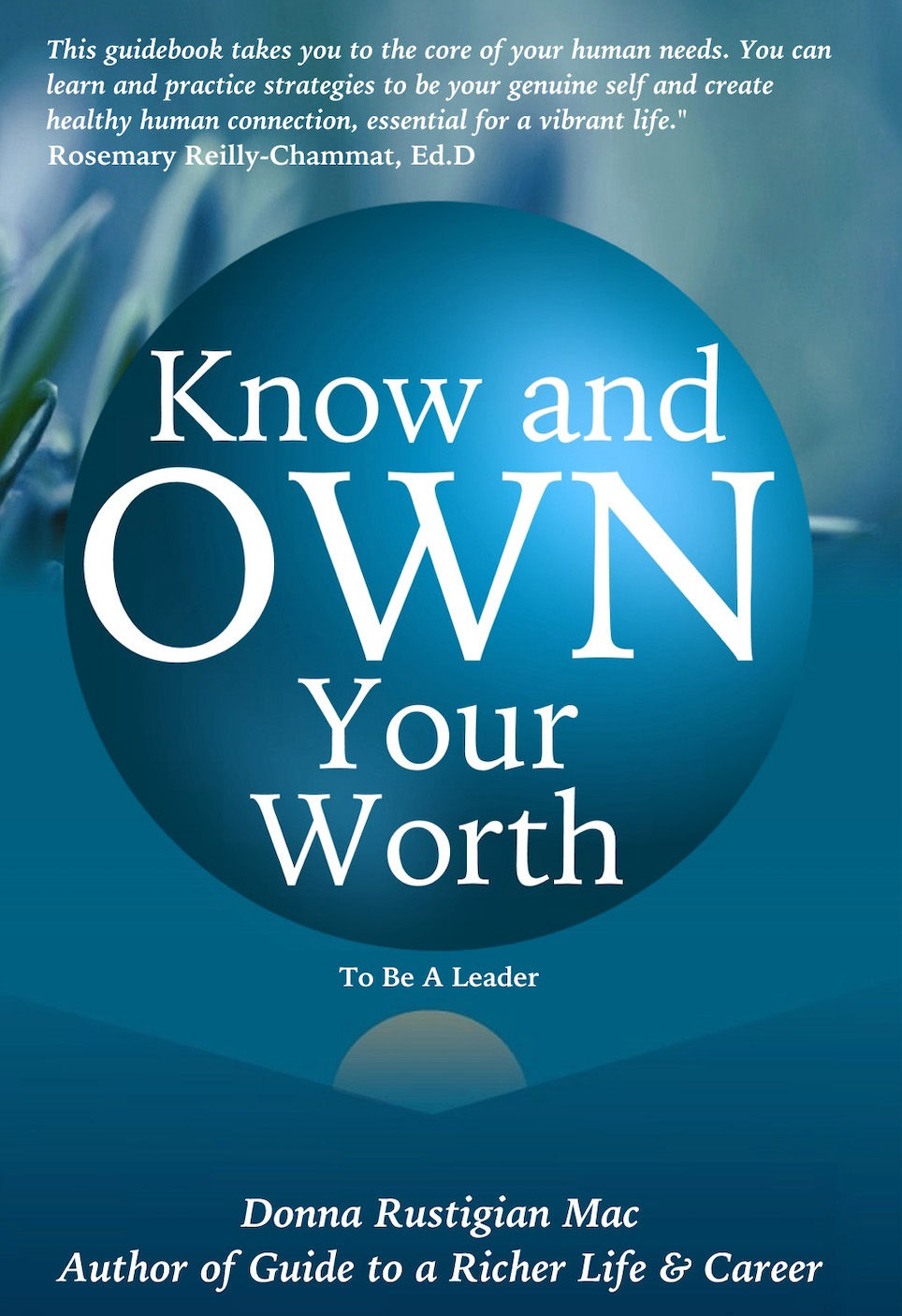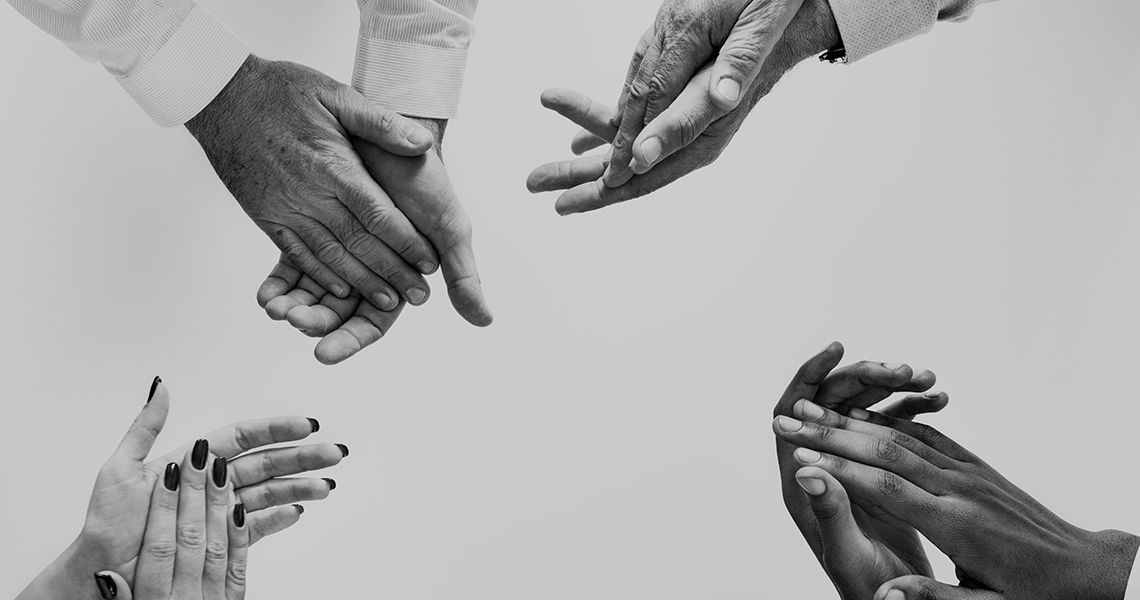2021 often felt like one long hangover. But we can now look back (whew!) and see great progress. Despite the professional and personal challenges of the pandemic, business embraced virtual communications and remote management (was there a choice?). Plus companies became more willing to listen and update policies and culture so diversified voices could be heard, considered and utilized.
Steady hand. Nice work.
You also learned to pivot more gracefully and are well-aware that cultivating healthy human connections in business means you often need to be blatantly honest–sometimes even ‘respectfully’ blunt. If these skills don’t come naturally to you-ha! You’re not alone.
You just might have to break some old communication habits so you can begin to update your skills that prepare you for this new, virtual (where are we now?) world because there’s no going back.
This is a tall order, but like anything in life, we chip away one skill at a time. One of the tenants of breaking any personal habit is seek progress not perfection (in addition to drinking lots of water and deep breathing).
In 2022, here are the ‘next best steps’ to becoming a more successful, effective communicator in the 4 main areas of:
- Public Speaking
- Interpersonal Communication
- Communicating Virtually
- Communicating Mindfully
Remember, we don’t succeed today with the habits (conditioning) of yesterday.
1. Passivity: Don’t get me wrong. Sometimes the best thing to do is put your head down and work, or walk away from a toxic conversation. But now that we’re well into the 2020s, communicators who are consistently passive are relics of the past. Successful companies are looking for people who have similar values but diversified thinking. They need a workforce full of people who can see things others can’t, and can confidently speak up, go against the grain, and make solid recommendations and connections, even with people who can be (intentionally or unintentionally) intimidating.
The Skill: Even the ‘bashful’ can cultivate the ability to say it like it is. The good new is organizing and delivering thoughts can actually be easier for those who lean more introverted or are analytically oriented. These skills usually don’t come naturally so encourage your passive friends and colleagues to speak. They just may be wrapped up in some old conditioning (habits) that can be unwound as they learn to communicate courageously.
Skill 2.0: Avoiding conflict never makes it disappear. If you skew introverted, learn about the possible pitfalls of passivity and fight or flight when it comes to EQ. The best way to become honest and forthright with others is to become honest with yourself first.
2. Judgements: It’s natural to judge. When someone new walks in the room, your brain is trying to keep you safe by asking, “are they friend or foe; here to help or hinder”? When you’re operating at maximum efficiency (speeding through the workday), this can get in the way of being receptive. It can be frustrating to have to communicate/collaborate as you work to meet and beat deadlines. But quick judgments can be detrimental. They can lead to assumptions. Assumptions can lead to lower expectations which, almost always produce lower results.
The Skill: Cultivate the ability to pause. It takes time and practice but when you pause and become curious of how you are evaluating people and situations, that extra time is a great investment. In a few quick seconds, relationships can be weakened or strengthened. Strive to discern rather than judge. Add a deep breath and you’ll also cultivate the ability to keep your stress level in check.
Skill 2.0: Schedule time for interruptions so you’re not jolted every time someone needs your attention. Become aware of The Pedestal Syndrome and how it can continue to separate people.
3. Positivity: I still think it’s better to be ‘glass half full’ instead of ‘half empty’ but let’s get real. Now that we’re at the start of year 3 of the global pandemic, people are burned out, trying to control the uncontrollable, and bravely dealing with challenges they never saw coming (displacement, remote learning, sudden death of a loved one). There are some great things that will rise from these years, and I believe that ultimately, we’ll be better people on the other side. But because the weight of the last 2 years has been heavy, it’s more important than ever to commend people (and yourself) for a job well done and to attune to those around you (Pillar #2). YOU may be able to ride the current wave of uncertainty with a positive attitude but if you truly want to form healthier connections with others, don’t assume everyone can’t wait for you to brighten their day.
The Skill: Sometimes people just need you to stand by them to allow them to be human (strong and vulnerable). Remember the Platinum Rule: Treat others the way THEY want to be treated.
Skill 2.0: We’re asking much more of our people and for the most part, they’re stepping up to the challenge. When you begin to ask how they are faring (on a scale of 1-10…they don’t have to supply details) and allow them to be human. This will fortify trust and belonging.
4. Overload: From my experience (yours too, I bet) business has become about 1000X more virtual. Dr. Daniel Goleman said, “our minds just aren’t equipped to handle this kind of overload”. And he made that statement in 2016! Clearly, we must continue meeting virtually but there are things you can do to push yourself away from the computer and cellphone. Email and text can work miracles, but electronics can be extremely habit forming. You might think you’re saving time by writing instead of speaking but as long as you don’t have to document every conversation (yikes some do!), this is not always the case. Try not to be tethered to email and texts and ask yourself if your electronic consumption is cause for concern (my unofficial survey of dozens of clients says, IT IS!).
The Skill: Sharpen the vital skills of conversation and interpersonal communication, something that was waning well before the pandemic. Try to have more conversations on Zoom, Teams, the phone (try walking while talking) and have coffee or lunch in person (wine is fine too unless you’re prone to that habit),
Skill 2.0: If you struggle with the stress and anxiety of speaking, communicating and overload, ask yourself if your body is feeling constricted or expanded. Then ask what can YOU do to help it expand (try standing, breathing, arching your back). Take time to get quiet and learn to become an embodied communicator. This will help you form healthier human connections, while cultivating the ability to speak from a combination of your strong mind and your trusted intuition.
Donna Rustigian Mac is the President of iVoice Communication, a company committed to helping businesses and individuals achieve economic success while cultivating Healthy Human Connections through effective communication. She invites you to explore her 6-Week Strengthening Leadership Communication Program.
You are also welcome to join the Master Mindful Café, free every Friday beginning January 14, 2022 at noon, ET. This weekly group which combines mindfulness with mIndful communication and Mindfulness Based Habit Change (MBHC).
#communicatemindfully #speakwithconfidence #healthyhumanconnections








